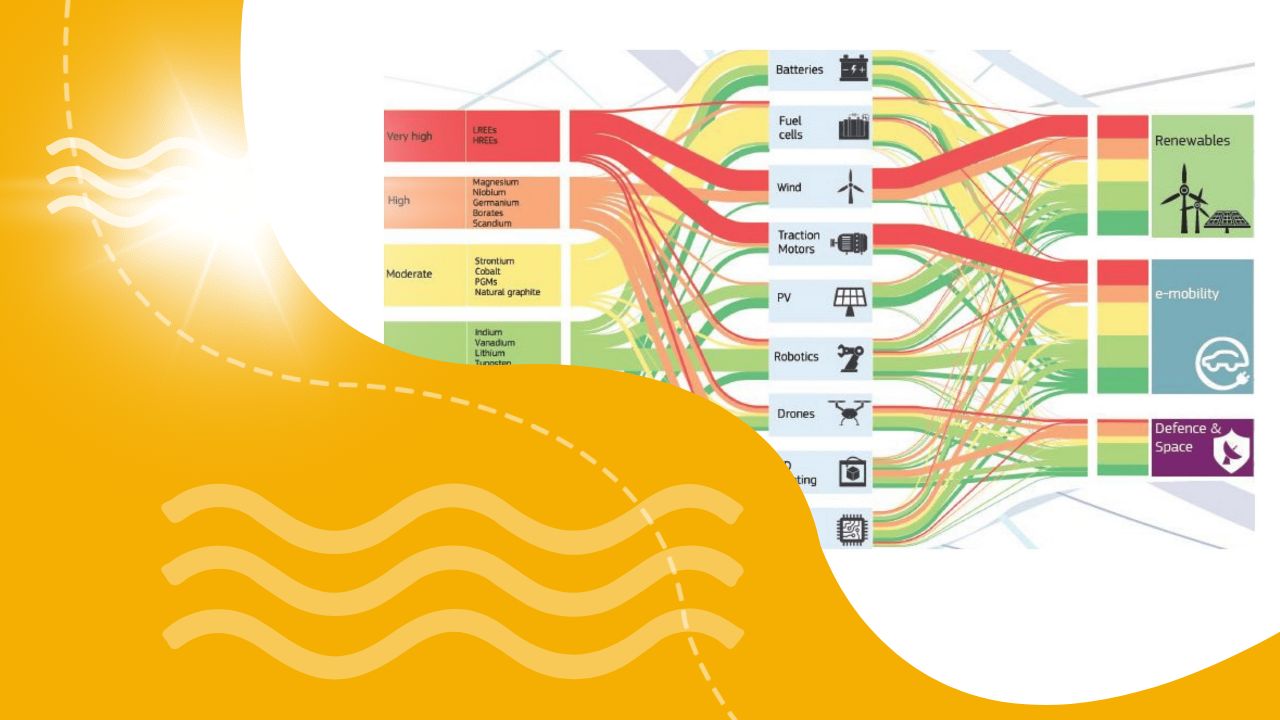In a move towards achieving strategic autonomy, the European Union has implemented the Critical Raw Materials Act (CRMA) after facing significant delays in the final stages. However, lead legislators from the European Parliament express dissatisfaction with the ultimate provisions governing social and environmental considerations. The CRMA, adopted by the Council of the EU, aims to secure and sustainably diversify critical raw material supplies, aligning with Brussels’ vision of strategic autonomy.
Critical raw materials, characterized by their economic significance and vulnerability to supply disruptions, are essential for various industrial sectors. The legislation, which includes measures to bolster circularity and recycling, underscores the EU’s ambition for reindustrialization and technological advancement, particularly in areas such as renewable energy and defense.
While proponents of the CRMA highlight its potential to advance climate and environmental objectives, critics raise concerns about potential ecosystem damage and adverse impacts on local communities, both within the EU and in supplier nations. Despite attempts to incorporate safeguards for community involvement and indigenous rights, certain provisions, such as explicit recognition of free, prior, and informed consent (FPIC), remain contentious due to resistance from the council.
The CRMA sets ambitious benchmarks for the EU’s consumption, including targets for local extraction, processing within the bloc, and utilization of recycled materials. However, the EU acknowledges its dependence on external sources for critical materials, with some, like heavy rare earth elements, heavily reliant on single countries such as China.
Notably, the Act streamlines permitting processes for strategic projects, setting a deadline of 27 months for extraction proposals. This expedited timeline contrasts with shorter deadlines for recycling and processing initiatives.
The CRMA also fosters strategic partnerships with select countries to mitigate reliance on specific suppliers. Already, agreements have been signed with several nations, including Chile, Ukraine, and Canada, while negotiations with others, such as Norway and Serbia, are underway.

